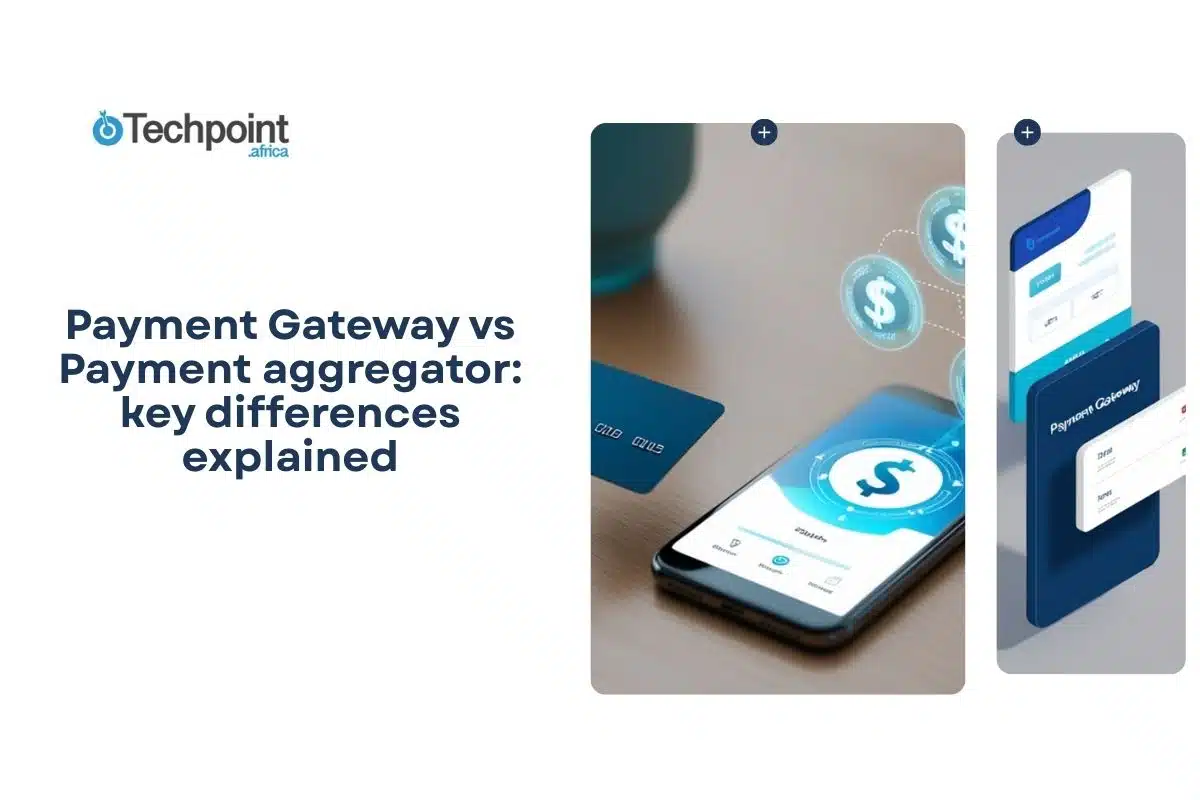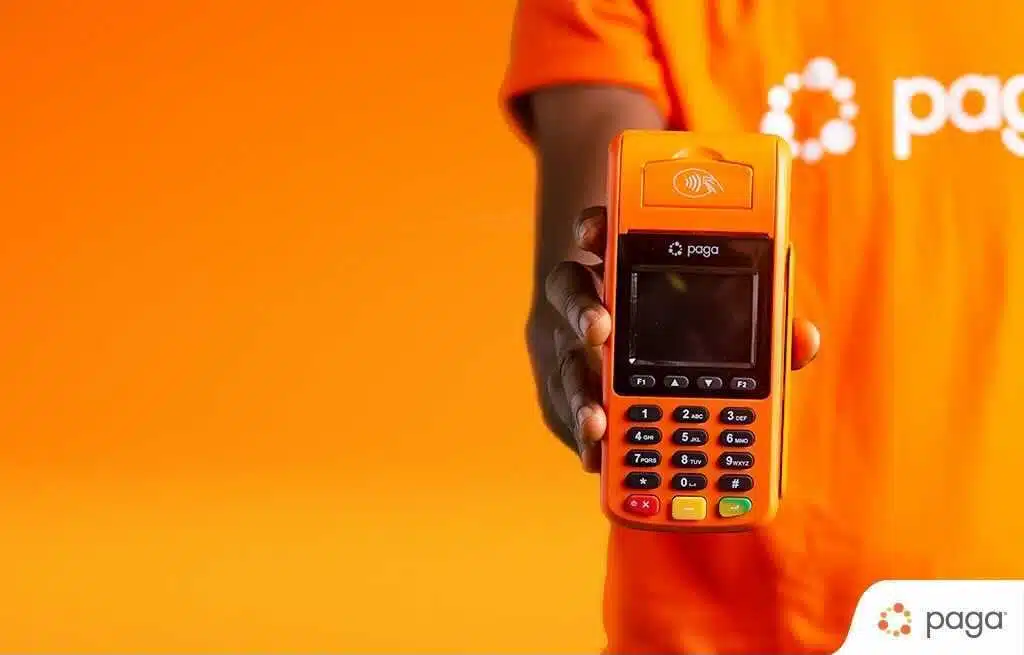This week, Nigerian fintech, Paystack released details of its 2023 performance. One detail that did not go unnoticed was the preferred payment method by merchants and users.
In its home market of Nigeria, bank transfers were the predominant payment channel and accounted for 58% of all transactions. Card payments followed with 36% and Internet banking accounted for 4% of transactions.
Elsewhere, mobile money accounted for 98% of payments in Ghana, and 79% in Kenya. Card payments were responsible for 20% of transactions in the East African country but constituted 93% of all payments in South Africa.
While the data shows that Paystack customers prefer bank transfers to card payments, the data is more nuanced when looked at on a national scale. For starters, its business model has focused on businesses looking to sell online and only doubled down on offline digital payments in the last year.
Savings or Current?
Payments in Nigeria have come a long way from the days when cash-based transactions were the only option.
Today, if you had to make a purchase or pay for a service, you’d be spoilt for options. Nevertheless, you’re more likely to pay using cards or bank transfers.
Following the release of the Paystack data referenced earlier, there have been conversations around preferred payment methods and what could be the future of payments in Nigeria.
Weighing in on the debate, Edidiong Uwemakpan, VP, Brand, Communications and PR at Moniepoint argues that more individuals make more card payments than online transfers.
“Behaviour is usually what counts, not people’s opinions because intent is not necessarily action,” she told Techpoint Africa.

Victoria Fakiya – Senior Writer
Techpoint Digest
Stop struggling to find your tech career path
Discover in-demand tech skills and build a standout portfolio in this FREE 5-day email course
Online transfers are catching up, though. In 2023, 80% of offline payments done on Moniepoint were made using a card, but five months later, that number has dropped to 75% in part due to the introduction of PoS transfers which assign unique account numbers to PoS terminals that are linked to a merchant’s account.
While some industry players attempt to reduce the reliance on cards, Uwemakpan explains that changing behaviour for a medium that works is difficult and would take some time.
“You cannot beat cards if you’re not close to the speed of cards,” she notes.
But why are payment service providers trying to phase out cards?
One answer lies in the cost associated with providing card payments. Two of the most popular card schemes in the country are powered by Visa and Mastercard, companies that previously charged financial institutions in dollars.
With an unstable forex regime, financial institutions could see their costs increase month on month even without a significant change in transaction volumes.
Still on the costs associated with card payments, there are at least four parties involved in any card payment who all split the fees. Essentially, that ensures a smaller piece of the pie for each player.
With transfers, the number could be as little as two parties, thus increasing the margin each player earns. Moreover, having too many parties involved also increases the chances of failure, which many financial institutions would rather avoid as users demand faster and more seamless payments.
PoS devices which account for a significant portion of card payments in the country have gotten more expensive in the last year thanks to the naira devaluation. While many players previously subsidised the cost or offered payment plans, the price increases make it hard to justify. Kippa shuttered its offline payments product, Kippapay due to the cost associated with acquiring PoS devices.
Internet connectivity also plays a huge role in driving card usage in Nigeria. While bank transfers also depend on Internet connectivity, mobile money agents and businesses typically opt for a service provider that has decent coverage in the regions their businesses cover. Individuals, on the other hand, do not have to make those considerations as financial transactions are only a small sample of the use cases for their Internet connection.
As stakeholders navigate the complexities of providing payment services to Nigerians, it is clear that the future of payment in Nigeria hinges not only on technological innovations but also on customer preferences and socioeconomic factors such as infrastructure development.











